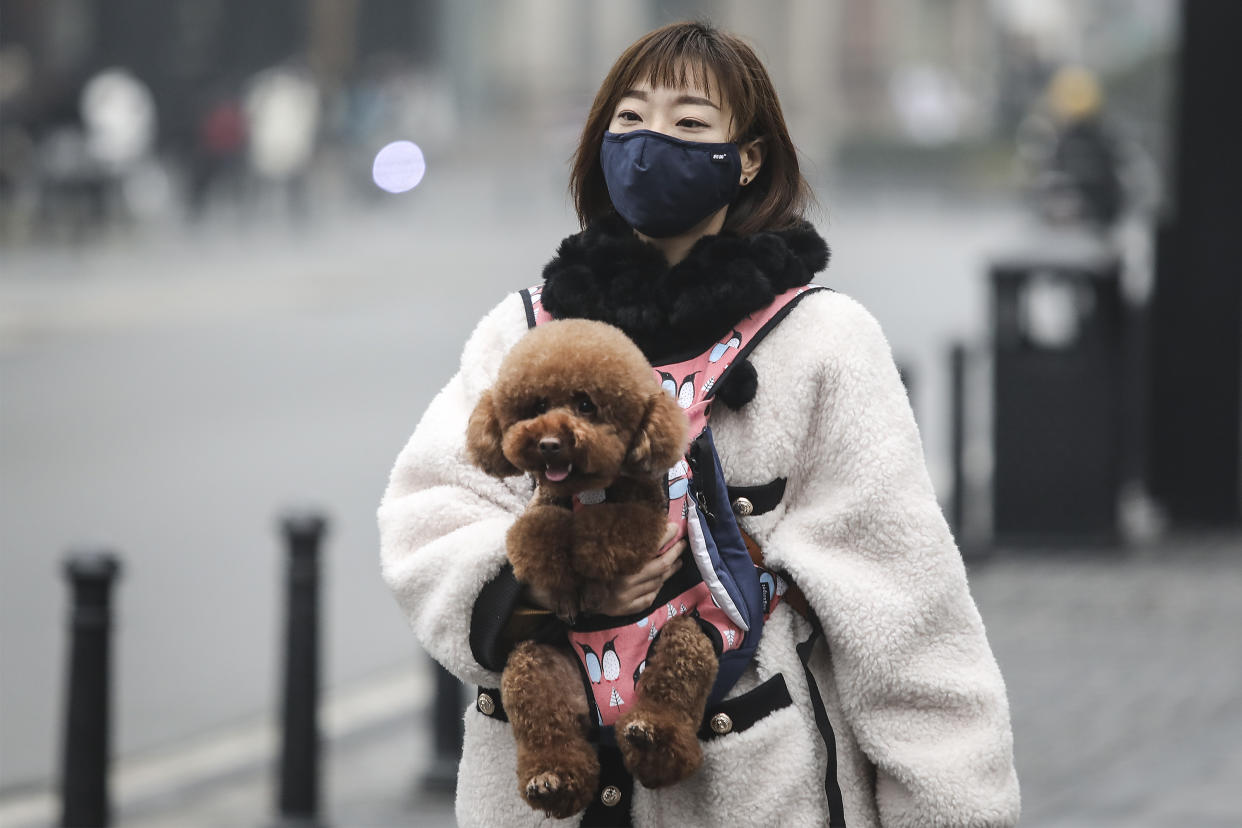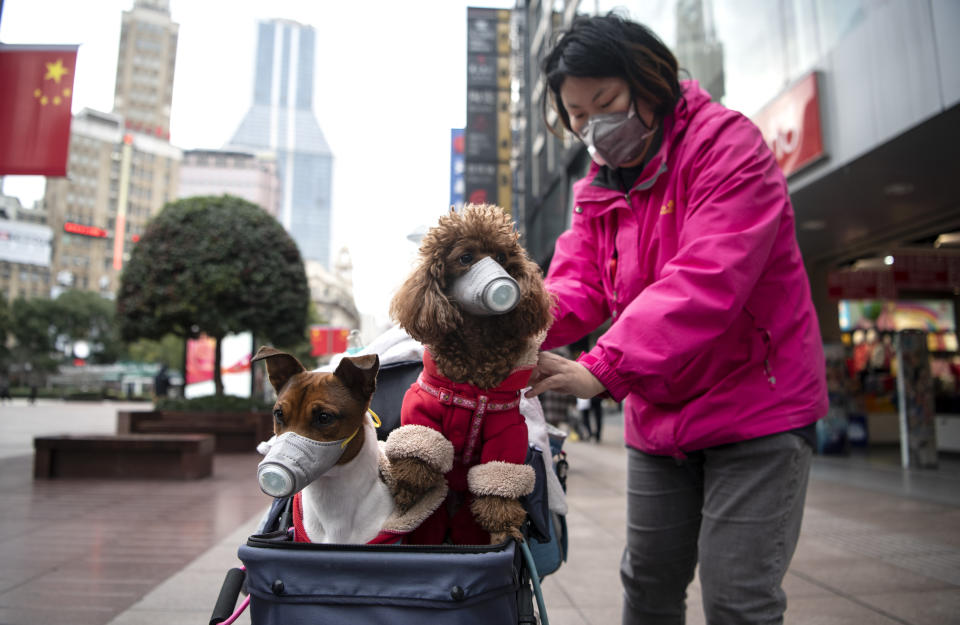Dogs cannot catch coronavirus, pet charity says

A charity has claimed it is not possible for dogs to catch the new coronavirus, as the disease continues to spread across the globe.
The virus, officially known as Covid-19, has killed more than 3,000 people worldwide so far and infected over 90,000 – but only one dog has been diagnosed with it, according to animal welfare charity Blue Cross For Pets.
In an update on its website for concerned owners, the charity said the only case of the coronavirus in dogs had occurred in Hong Kong, where a pet had tested “weakly positive”.
“Until further tests are carried out, there is no current evidence that pets can be infected with the new coronavirus or be carriers of the virus,” the statement said.
“There is currently a dog in Hong Kong who has tested weakly positive for coronavirus.

“Though it isn’t yet confirmed whether this is environmental contamination through the dog’s nose and mouth or whether they have really been infected, which means the situation is still evolving.
“It is always a good idea to wash your hands with soap and water after stroking your pets for protection against other bacteria such as E.coli and salmonella.”
Read more: Coronavirus: what rights do you have if you can't work or self-isolate?
It comes as the government warned of “significant and clearly noticeable” pressures on wider society if the outbreak worsens in the UK.
Staff absences, school closures, disruption to non-urgent care and cancellation of large-scale events are all possible scenarios if Covid-19 becomes a “severe prolonged pandemic”.
But the government’s 27-page battle plan says any future action depends on the course of the disease, “which cannot be predicted accurately at this point”.
The government document says: “Action that would be considered could include population distancing strategies (such as school closures, encouraging greater home working, reducing the number of large scale gatherings) to slow the spread of disease throughout the population, whilst ensuring the country’s ability to continue to run as normally as possible.
“The effectiveness of these actions will need to be balanced against their impact on society.”
Read more: Coronavirus: Boris Johnson’s plan ‘would make classrooms unsafe for children’
The public has been urged to support the UK response by “being understanding of the pressures the health and social care systems may be under, and receptive to changes that may be needed to the provision of care to you and your family”.
People can also help by checking on elderly or vulnerable family, friends and neighbours.
The document says: “Everyone will face increased pressures at work, as well as potentially their own personal illness or caring responsibilities.
“Supporting staff welfare will be critical to supporting an extended response.”

